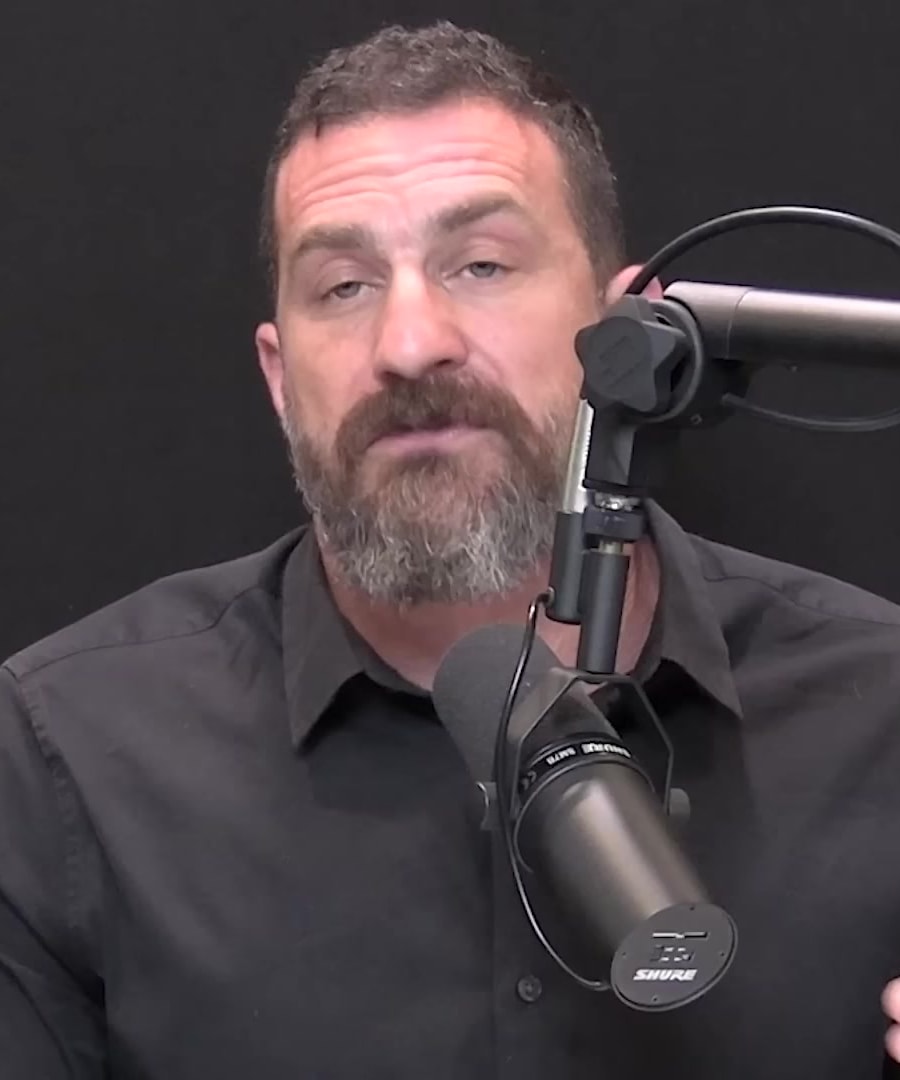how can i quit porn
Sources:
To effectively quit watching pornography, Dr. Andrew Huberman from the Huberman Lab podcast suggests several strategies similar to those used in quitting other addictive behaviors, such as smoking or vaping. The key advice centers around understanding the underlying biology of addiction and employing specific tactics to manage the changes in the brain:
-
Understanding the Biology of Addiction: Recognizing how addictive behaviors influence neural circuitry can help in developing targeted cessation strategies.
-
Increasing Dopamine: Since quitting addictive behaviors can lead to a temporary reduction in dopamine (a neurotransmitter associated with pleasure and reward), finding healthy methods to increase dopamine could be crucial. This can include exercising, engaging in hobbies, or consuming foods that can boost dopamine levels.
-
Routine and Support: Regularly engaging in supportive practices, such as hypnosis, which has been shown to make measurable changes in the brain's neural circuitry, can also be beneficial. Fond supportive environments and understanding peers are vital as they can assist you during challenging periods of craving and withdrawal.
-
Avoiding Triggers: Understanding your triggers and consciously avoiding situations or patterns that can lead to relapse is crucial. This could be as simple as changing online habits or as involved as seeking professional help if the addiction interferes significantly with daily life.
-
Consultation with Experts: Consulting professionals, like therapists who specialize in addiction or even support groups, can provide the necessary guidance and accountability needed for success.
By applying a blend of these tailored strategies, individuals can increase their chances of successfully quitting porn. These approaches focus heavily on replacing harmful habits with beneficial ones, understanding personal triggers, and sustaining changes over time[1].
RELATED QUESTIONS-
Tell me about Cal Newport
Sources:
is an American nonfiction author and associate professor of computer science at Georgetown University. He has made numerous appearances on various podcasts such as the , discussing topics related to productivity, technology, and the deep work philosophy, which emphasizes intense focus and minimizing distractions to increase efficiency and output in professional settings.
RELATED QUESTIONS
how can i quit porn
- RELATED QUESTIONS
Tell me about Cal Newport
- RELATED QUESTIONS
